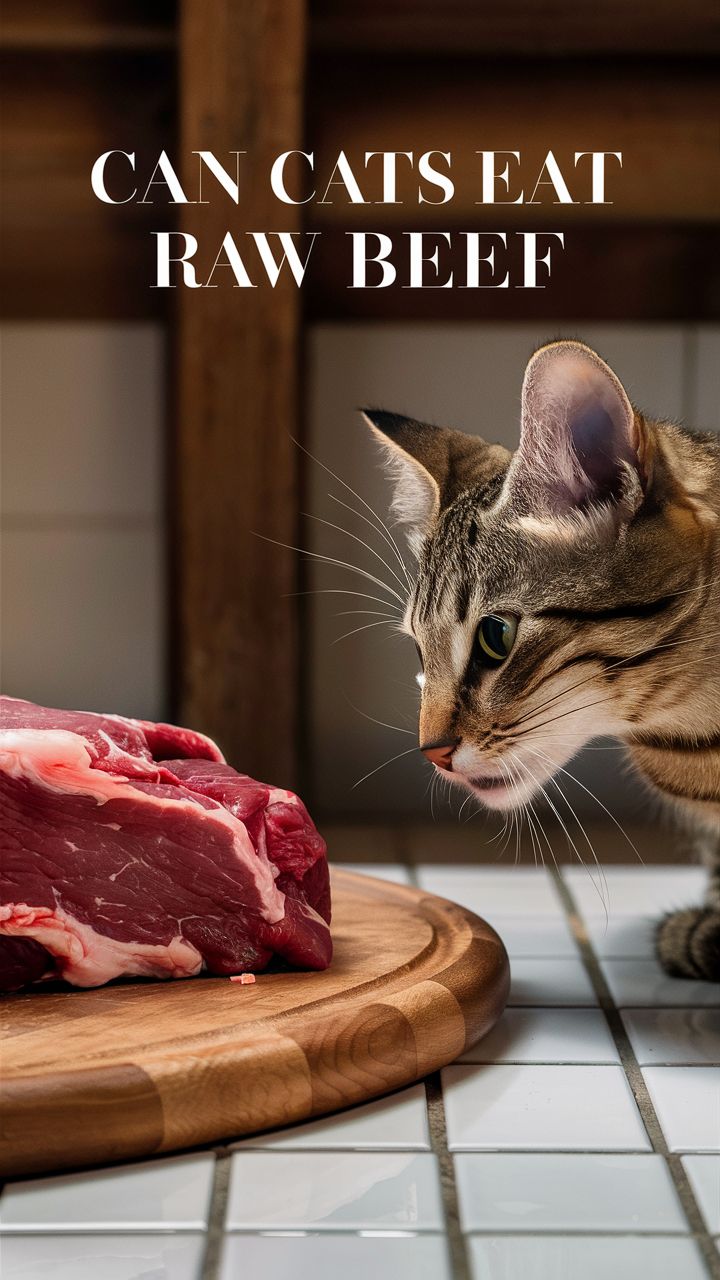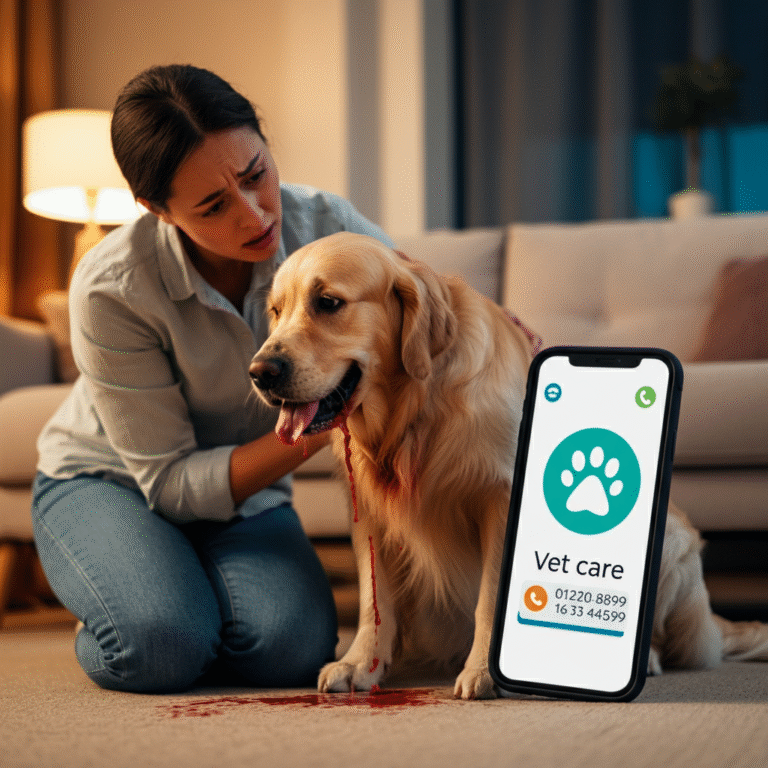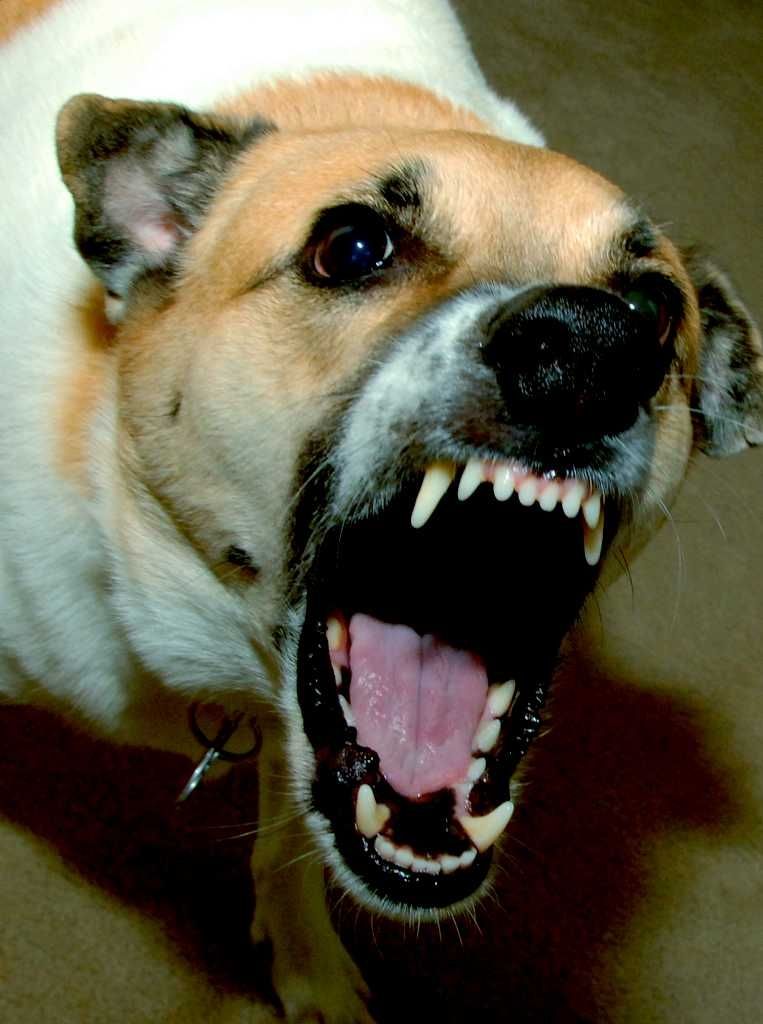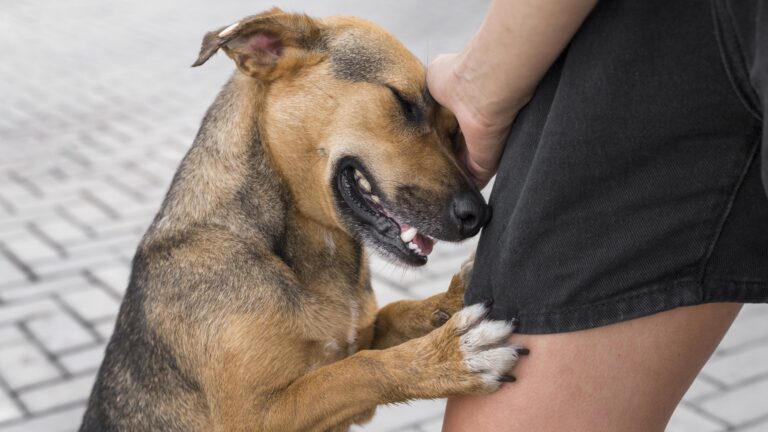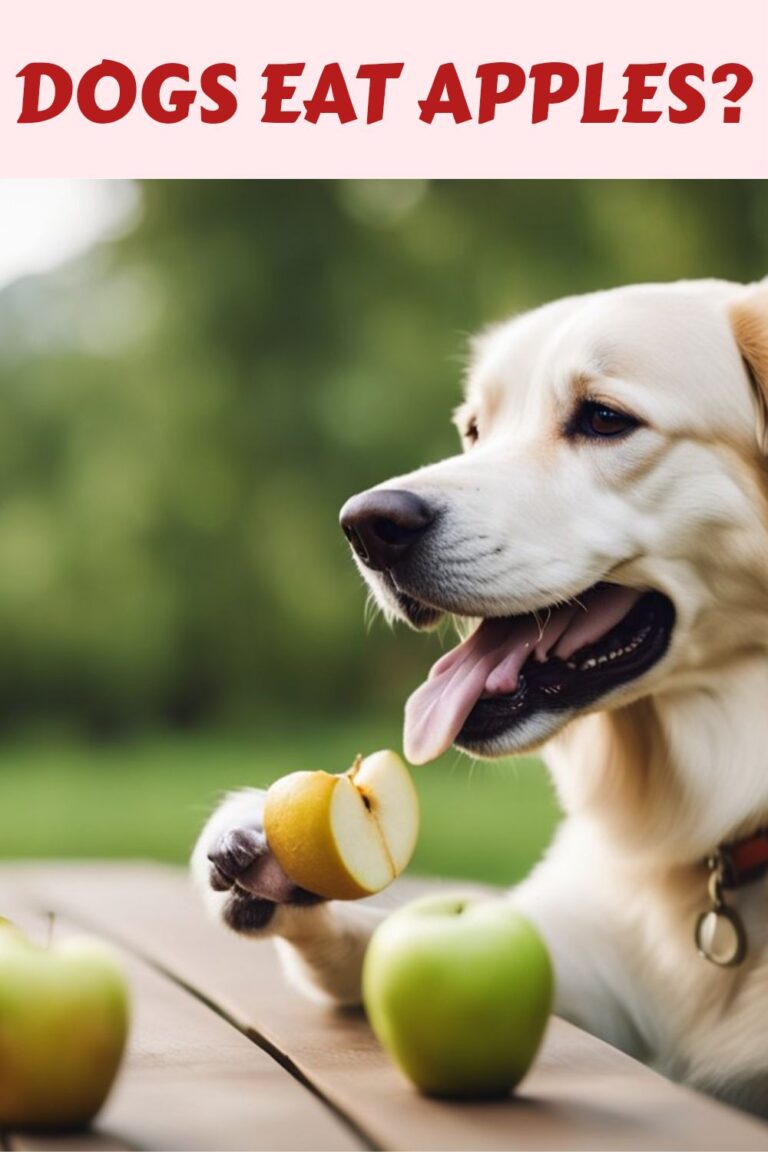Can Cats Eat Bacon? Vet-Reviewed Facts & Safe Guidelines
Can cats eat bacon? This is one of the most common questions cat owners ask when they are enjoying breakfast and their furry friend starts meowing for a piece. While bacon is a favorite food for humans, it is far from the healthiest option for cats. Understanding the nutritional value, risks, and alternatives to bacon is important for every responsible cat parent.
Cats are obligate carnivores, which means they rely on animal-based proteins for survival. While bacon comes from pork, it contains high levels of sodium, preservatives, and unhealthy fats that can negatively impact a cat’s health. Feeding your cat bacon without knowing the risks could lead to digestive issues, obesity, or even serious long-term health conditions like pancreatitis.
In this guide, we’ll dive deep into whether cats can eat bacon, what happens if they do, the dangers of bacon grease, and even whether alternatives like turkey bacon, baloney, chicken, or cooked beef are safe. You’ll also find detailed FAQs, safe serving tips, and healthier treat options for cats. By the end, you’ll have a clear, research-backed understanding of the role bacon should—or should not—play in your cat’s diet.
Is Bacon Safe for Cats or Just a Risky Treat?
Bacon might smell like heaven to your cat, but is it truly safe? The truth is that while cats can eat bacon in tiny amounts without immediate poisoning, it comes with many hidden risks. Sodium, preservatives, and grease in bacon put immense strain on a cat’s digestive system and kidneys.
If your cat steals a crumb of bacon from your plate, it’s not an emergency. But when fed regularly, bacon increases the likelihood of obesity, hypertension, and pancreatitis. So, bacon should be treated more as a “forbidden snack” than a safe treat.
Key point: Bacon is not toxic but is highly unhealthy for cats. Safer alternatives exist that provide protein without the health risks.
Nutritional Breakdown: Why Bacon Doesn’t Meet a Cat’s Needs
Cats thrive on animal-based protein and taurine. Bacon provides some protein, but it fails to deliver the full spectrum of essential nutrients cats need daily. Instead, it introduces harmful extras:
- Sodium: Can cause dehydration, high blood pressure, and kidney strain.
- Fat: Linked to obesity, joint stress, and pancreatitis.
- Preservatives: Nitrates and nitrites contribute no benefit and may harm long-term health.
- Empty Calories: Fills cats up without giving them balanced nutrition.
While humans can balance out bacon with fruits, veggies, and grains, cats cannot. Their bodies aren’t designed to process excess fat or salt.
Can Cats Eat Bacon Grease, or Is It Worse Than the Meat?
If bacon itself is unhealthy, bacon grease is even more dangerous. The grease left in the pan is pure fat and sodium, stripped of even the small amount of protein bacon contains.
Allowing your cat to lick bacon grease can lead to:
- Instant digestive upset (vomiting or diarrhea).
- Risk of pancreatitis after repeated exposure.
- Weight gain and unhealthy cholesterol levels.
Bottom line: Bacon grease is not a treat—it’s a health hazard. Always keep pans, plates, and kitchen surfaces grease-free if you live with cats.
Can Cats Eat Turkey Bacon, or Is It Still Processed Junk?

Many owners wonder if turkey bacon is a healthier compromise. While turkey meat itself is nutritious, turkey bacon is still highly processed. It often contains salt, smoke flavoring, and preservatives, making it just as unsafe as pork bacon.
Instead of offering turkey bacon, you can serve your cat:
- Small pieces of boiled or baked plain turkey breast.
- Freeze-dried turkey treats formulated for cats.
These alternatives give your cat the taste of turkey without the harmful additives.
Can Cats Eat Baloney, or Is It Just Another Processed Meat?
Baloney is one of the least safe “people foods” for cats. It’s not only salty and fatty but also loaded with fillers, spices, and flavorings. Unlike plain meats, baloney offers no nutritional benefit and can be actively harmful.
Regularly giving your cat baloney increases risks of kidney disease, digestive upset, and long-term health problems. If you want your cat to enjoy cold cuts, stick to plain, unseasoned cooked meat.
Do Cats Eat Chicken, and Is It a Safe Protein Option?
Yes, cats can eat chicken—and it’s one of the healthiest human foods for them. Unlike bacon, chicken is lean, nutrient-rich, and provides taurine, an amino acid essential for heart health and vision.
To keep chicken safe for cats:
- Cook it thoroughly to kill bacteria.
- Serve it plain, without seasoning or oil.
- Avoid fried or spicy preparations.
Chicken is so beneficial that many commercial cat foods list it as their primary protein source.
Can Cats Eat Cooked Beef, and Is It Better Than Bacon?
Cooked beef is another safe option for cats when prepared properly. Lean cuts provide protein, iron, and essential nutrients. But like chicken, beef should be served unseasoned and in moderation.
Avoid fatty cuts, beef with sauces, or processed beef products like corned beef or hot dogs. A small cube of plain, lean beef is far healthier for your cat than even a crumb of bacon.
10 Reasons Bacon Is Dangerous for Cats (Must-Know List)
Here are the top 10 reasons bacon is bad for cats:
- High sodium damages kidneys.
- Excess fat triggers pancreatitis.
- Preservatives stress internal organs.
- No taurine or vital amino acids.
- Can cause vomiting or diarrhea.
- Leads to obesity and lethargy.
- May spike blood pressure.
- Increases cholesterol levels.
- Raises risk of liver strain.
- Encourages begging and unhealthy habits.
This list alone shows why cats should stick to healthier meats instead of bacon.
Healthier Alternatives to Bacon for Cats (Safe Treats List)
If you want to treat your cat, these options are much safer:
- Cooked chicken breast – lean and full of taurine.
- Plain turkey breast – safe and low-fat.
- Lean cooked beef – nutrient-rich.
- Scrambled eggs – no oil or salt.
- Salmon or tuna – in small amounts.
- Freeze-dried meat treats – formulated for cats.
- Pumpkin puree – helps digestion.
- Commercial cat treats – vet-approved and taurine-rich.
- Dehydrated homemade snacks – simple and safe.
- Catnip/cat grass – fun, healthy enrichment.
FAQs About Cats and Bacon
1. Can cats eat bacon safely?
While cats can eat bacon in very small quantities, it is not safe as a regular diet staple. Bacon is loaded with sodium, fat, and preservatives that can harm feline health. Occasional crumbs might not cause immediate harm, but repeated exposure can lead to kidney strain, pancreatitis, and obesity—even when cats can eat bacon in theory, it’s not a recommended treat.
2. Is bacon toxic to cats?
Bacon is not classified as toxic like chocolate or onions, but that doesn’t mean it’s healthy. Though cats can eat bacon, the high salt and fat levels make it dangerous over time. These elements can trigger dehydration, digestive upset, and long-term organ damage, so it’s best avoided even if it isn’t labeled “toxic.”
3. What happens if my cat eats bacon?
If a cat can eat bacon and does consume a small piece, they may experience mild symptoms like vomiting or diarrhea. In larger amounts, the sodium and fat could cause dehydration, lethargy, or pancreatitis. Always monitor your cat closely and contact your vet if symptoms persist beyond a meal’s worth of discomfort.
4. Can kittens eat bacon?
Although kittens can eat bacon physically, it’s especially risky for them. Their growing bodies are more sensitive to salt and fat, and even a small amount could disrupt digestion or cause electrolyte imbalances. For kittens, avoid bacon entirely and focus on quality kitten-formulated food.
5. Can cats eat bacon bits from salads or snacks?
Cats can eat bacon, but bacon bits from packaged salads or snacks are even worse—they are highly processed, salty, and often contain artificial flavors. These bits amplify the dangers of sodium and preservatives and should be avoided entirely, even more than real bacon strips.
6. Can cats eat turkey bacon instead of pork bacon?
Although cats can eat bacon, turkey bacon is not a safer alternative. It still contains excessive sodium, nitrates, and preservatives. Though leaner, turkey bacon poses the same hazards. Instead, opt for plain, cooked turkey breast if you want to offer a safer human food option.
7. Is it okay if my cat licks bacon grease?
Cats can eat bacon, but licking bacon grease is particularly harmful. Bacon grease is concentrated salt and fat without nutritional benefits and may cause immediate vomiting, diarrhea, or even pancreatitis. Keep grease away from your cat to protect their digestive system.
8. How much bacon can a cat eat without getting sick?
While cats can eat bacon, there’s really no amount considered safe for regular consumption. A tiny bite—no larger than a fingernail—once in a blue moon is the absolute maximum. Still, frequent small bites add up and can harm your cat’s health over time.
9. Can bacon cause pancreatitis in cats?
Yes—cats can eat bacon, but the high fat content can easily trigger pancreatitis. Even a small piece may strain the pancreas, especially in cats with existing digestive sensitivities. Avoid bacon entirely if your cat has a history of digestive issues.
10. Are there any benefits when cats eat bacon?
While cats can eat bacon, any potential benefit—like minimal protein—is far outweighed by the risks. Bacon lacks essential nutrients such as taurine and is too rich in salt and fat. Safer and more nutritious alternatives exist that support a cat’s health far better.
11. Why do cats love the smell of bacon?
Cats can eat bacon, but what they truly respond to is its strong aroma—fats and proteins release scents that mimic prey. Their instinct drives them toward such smells, but that doesn’t mean the food is nutritious or healthy for them.
12. What should I do if my cat ate a lot of bacon?
Even though cats can eat bacon, consuming a large portion is dangerous. Provide fresh water and observe for symptoms like vomiting, diarrhea, or lethargy. Contact your vet immediately if signs persist, as high sodium and fat levels can lead to serious complications.
13. Can senior cats handle bacon better than younger cats?
Though cats can eat bacon, it’s even more unsafe for senior cats. Older cats often have impaired kidney or heart function and are more vulnerable to the effects of sodium and fat. Avoid bacon altogether for older felines.
14. Can cats eat bacon as a training reward?
Cats can eat bacon, but it’s not recommended as a training treat due to its unhealthy components. Instead, use plain cooked chicken or veterinary-approved feline treats—these offer health benefits without the risks.
15. How should pet owners respond when their cat begs for bacon?
When cats can eat bacon, it’s easy to cave into begging. Instead, teach them to expect healthy incentives, like small pieces of plain chicken. Consistency and redirection help curb unhealthy begging behaviors tied to bacon’s enticing smell.
16. Can cats eat vegetarian or mock bacon items?
Cats can eat bacon, but vegetarian or mock bacon often contains salt, flavorings, and potentially soy—all of which are unsuitable for their digestive systems. Stick to real, plain meat safe for feline consumption.
17. Can cats eat cooked bacon if it’s unseasoned?
Even if unseasoned, cats can eat bacon, but it’s still high in fat and salt. The absence of flavoring doesn’t make it healthy. Stick to lean, unseasoned meats like chicken or turkey for better nutrition.
18. Should I add bacon to homemade cat food recipes?
Though cats can eat bacon, it shouldn’t be part of homemade feline diets. Bacon’s poor nutritional profile can imbalance carefully crafted recipes. Always prioritize veterinarian-approved ingredients and avoid processed meats.
19. Do veterinarians ever recommend bacon for cats?
Even though cats can eat bacon, vets rarely recommend it. Most professionals discourage feeding processed meats and prefer high-quality commercial cat food or safe human proteins like chicken and fish.
20. Can bacon affect a cat’s heart or blood pressure?
Yes. When cats can eat bacon, the high sodium can raise blood pressure and strain the heart over time. This increases the risk of heart disease and cardiovascular stress in cats.
Conclusion
So, can cats eat bacon? While a tiny nibble won’t immediately poison your cat, bacon is not a safe or healthy food for felines. Its high fat, sodium, and preservative levels pose serious health risks, from kidney stress to obesity and pancreatitis. Alternatives like plain chicken, turkey, or beef are much safer and healthier choices.
If you truly want the best for your cat, avoid feeding bacon altogether and stick to nutritious, vet-approved options. By making the right food choices, you’ll not only protect your cat’s health but also ensure they live a longer, happier, and more energetic life.

